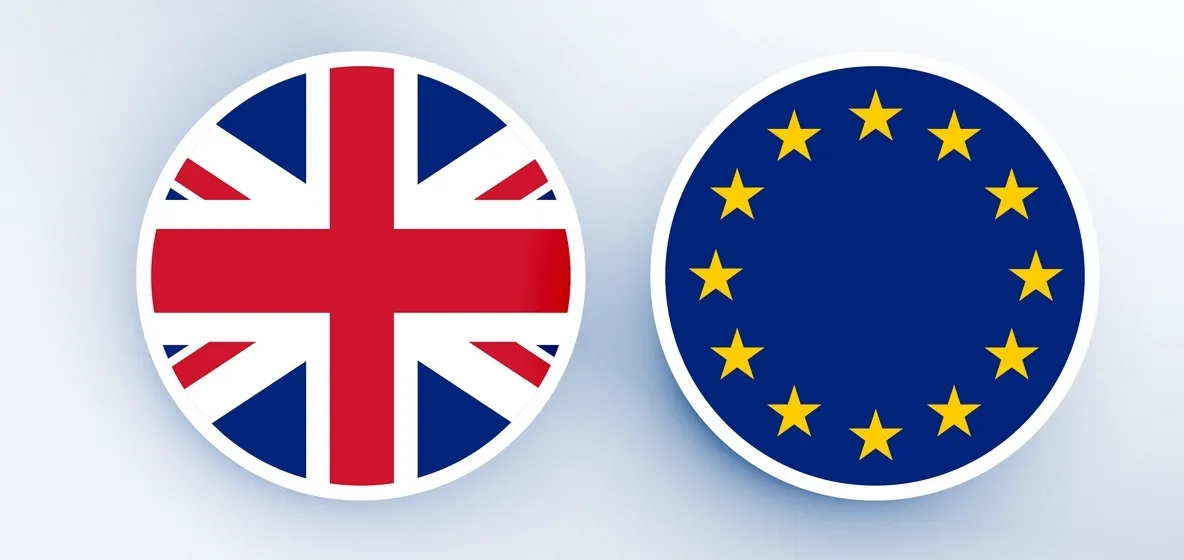UK taxes and Brexit: Guide for Merchants
This guide is for merchants who sell to customers in the UK, and for merchants in the UK who sell to customers outside the UK.

It’s merchant’s responsibility to consult with local tax authorities or a tax professional to verify if there is need to charge customers the correct tax rates, and to ensure that merchant files and remits taxes correctly.
This guide is intended as a starting point to determine the changes merchant might need to make for his business due to the Brexit and the UK VAT changes that came into force on January 1, 2021. This guide is not intended to be a comprehensive guide to all the implications of Brexit. To learn more, merchant has to contact the local tax authority or a tax professional.
The Brexit Transition Period ended on December 31, 2020. As a result, effective January 1, 2021, new laws apply to sales between the UK and the EU. This change might make it necessary to review and update merchant’s tax processes if merchant is one of the following:
- A UK merchant — a merchant whose business is located in the United Kingdom.
- An EU merchant — a merchant whose business is located in a European Union member country other than the United Kingdom.
- A non-EU merchant — a merchant whose business is located in a country outside of the UK and the EU.
If you’re a UK merchant and you sell to customers in EU member countries, or if you’re an EU merchant and you sell to customers in the UK, then some changes have implications for several aspects of your business.
VAT (Value Added Tax)
There are new UK VAT laws that came into force on January 1, 2021. These new laws affect both EU and non-EU merchants who sell to UK customers.
EU merchants benefit from simplified procedures that remove the need to register for VAT when they sell to customers in other member states, unless their sales to customers in that member state exceed a certain threshold. Below this threshold, merchants are only required to register for a VAT number in their own regions, or not at all.
After the transition period, UK merchants who sell to EU customers and EU merchants who sell to UK customers can’t use these simplified procedures. Merchants who sell between the UK and EU countries might require VAT registrations in additional countries.
For merchants located in the United Kingdom
The sale of goods from UK merchants to EU customers have become exports (the sending of goods from a country or customs union to outside that country or customs union) rather than dispatches (the sending of goods from one EU member state to another EU member state).
UK merchants might be required to register for VAT, and to account for import VAT in the EU.
VAT registrations might be required across multiple EU member states depending on a number of factors, including (but not limited to) merchant’s supply chain, the location of customers, and where the goods are delivered.

For merchants located in European Union
The sale of goods from EU merchants to UK customers have become imports (the receipt of goods into a country or customs union from outside country or customs union) rather than acquisitions (the receipt of goods from one EU member state to another EU member state).
The UK VAT laws that came into force on January 1, 2021 result in new VAT requirements for sales equal to or less than £135.
- Under the new laws, the sale of goods equal to or less than £135 require EU based merchant to register for VAT in the UK. In this case, VAT is collected at the point of sale and remitted by the merchant. If EU based merchant uses registration-based taxes and have a UK VAT registration, then VAT will be applied to merchant’s sales to customers in the UK.
- For the sale of goods over £135, EU based merchant might not be required to collect VAT at the point of sale. In this case, VAT and duties are remitted by the importer. If EU based merchant has a UK VAT registration, then VAT will not be applied to sales to customers in the UK. If merchant chooses to, it is possible to charge the customer for VAT and duties at the time of sale, and then to provide these funds to the shipper or importer using a shipping label. Alternately, EU based merchant can send the orders without charging VAT and duties, and customer will pay extra funds at the time of delivery.
For merchants from outside of the United Kingdom and the European Union
The new UK VAT laws that came into force on January 1, 2021 apply to the sale of goods from non-EU merchants to UK customers. Non-EU merchants who sell to UK customers might be required to register for VAT in the UK.
The UK VAT laws that came into force on January 1, 2021 result in new VAT requirements for sales equal to or less than £135.
- If the sale of goods is equal to or less than £135, then merchant must register for VAT in the UK. In this case, VAT is collected at the point of sale and remitted by the merchant. If merchant has a UK VAT registration, then VAT will be applied to sales to customers in the UK.
- If the sale of goods is over £135, then merchant might not be required to collect VAT at the point of sale. In this case, VAT and duties are remitted by the importer. If merchant has a UK VAT registration, then VAT will not be applied to sales to customers in the UK. If merchant chooses to, it is possible to charge the customer for VAT and duties at the time of sale, and then provide these funds to the shipper or importer using a shipping label. Alternately, you merchant can send the orders without charging VAT and duties, and the customer will pay extra funds at the time of delivery. Learn more about handling VAT and duties.
How do I know if I need to register to charge taxes in the United Kingdom?
Typically, you need to register if your sales in the UK are equal to or greater than £85,000 within 12 months.
More information about Brexit
The best way for merchants to get information about how Brexit affects their business is by contacting a local tax professional. If the merchant is based in the UK, then GOV.UK has a series of notices and a transition guide that merchants can refer to.
#politics #taxes #europe #brexit #uk
Receive my updates
Follow me via RSS, Twitter, Mastodon.
